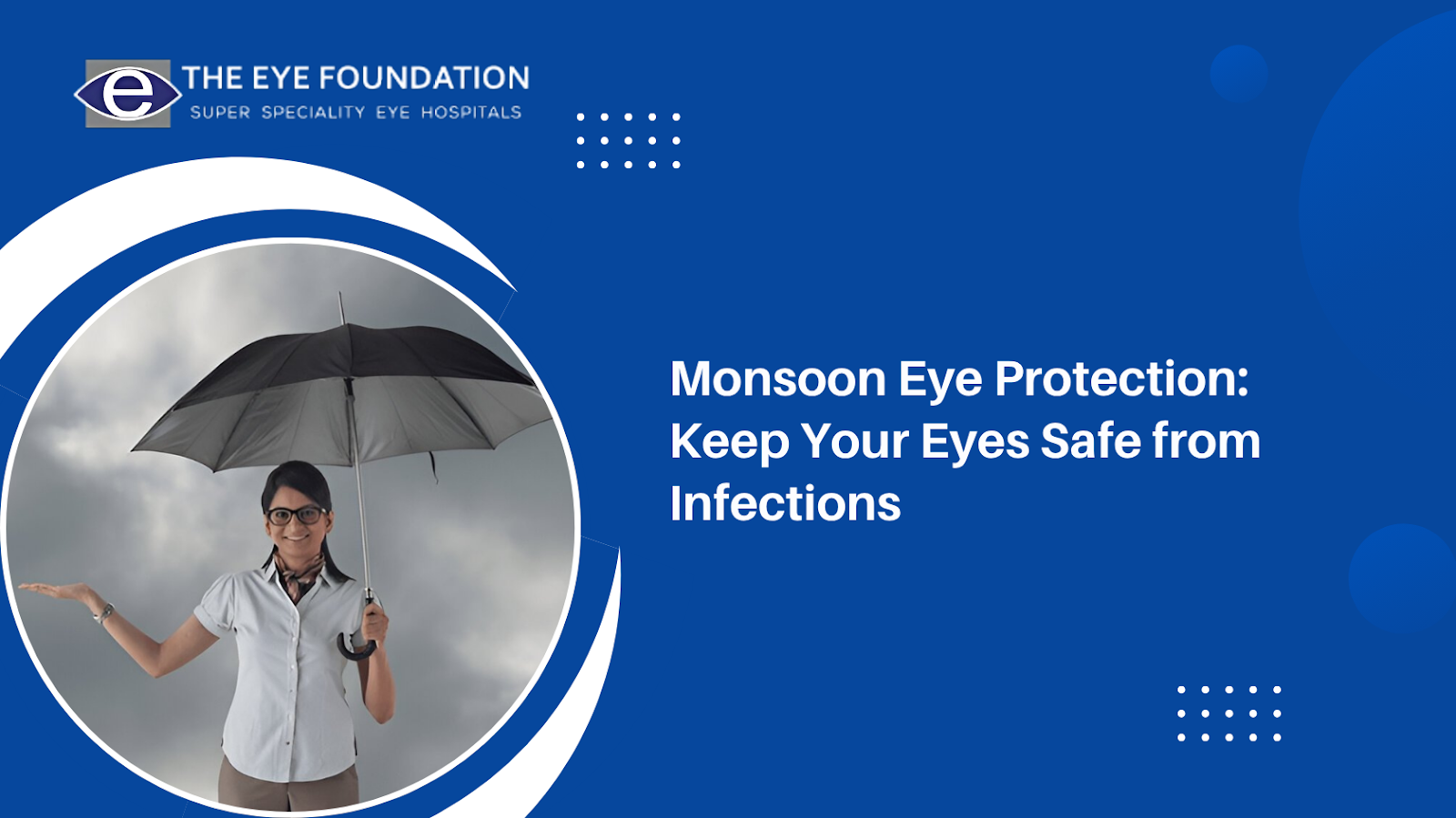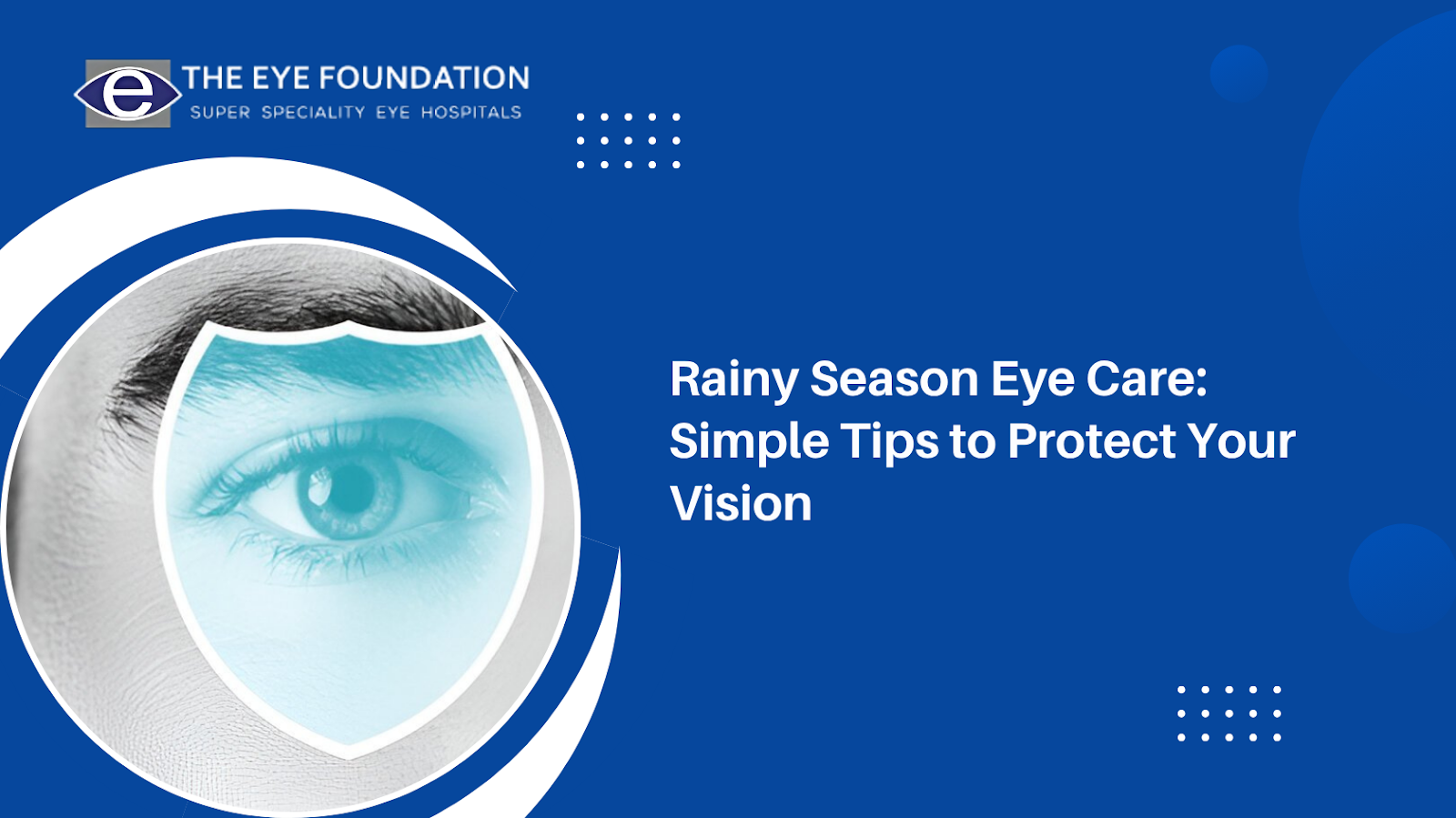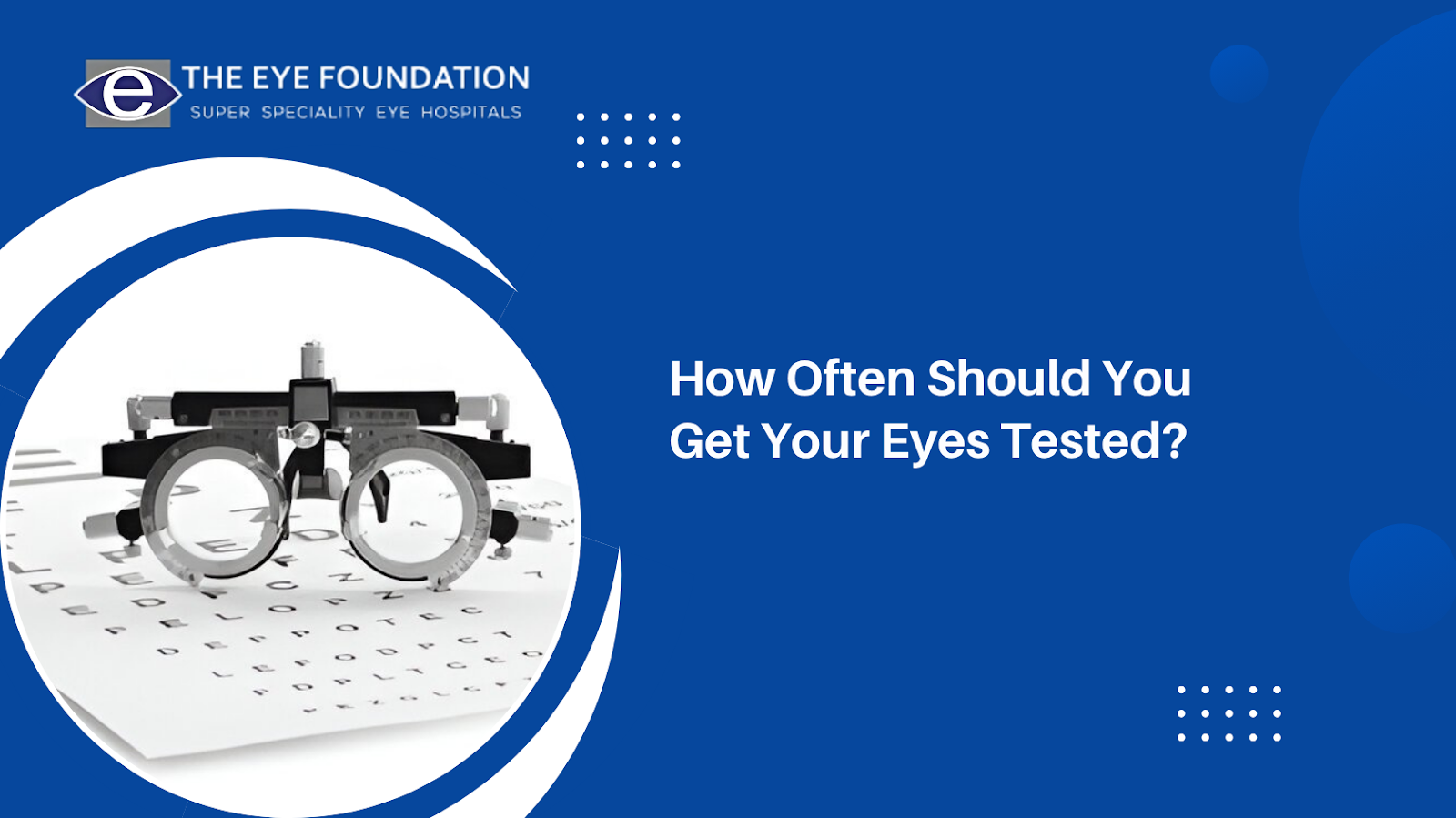It is crucial to keep the eyes healthy and comfortable, especially for those who wear contact lenses. This is especially important in the process of achieving the set goal and this depends on the recommended replacement period of your lenses. Extending the use of contact lenses beyond the recommended time is uncomfortable and may cause severe eye complications. In today’s blog post, I will be discussing how frequently you should be changing your contact lenses, the conditions that may cause you to change your contacts more often, and the signs that tell you it is time for a replacement.
Types of Contact Lenses and Their Replacement Schedules
Different types of contact lenses exist and they have different wearing schedules. Let’s look at the main categories:
- Daily Disposable Lenses
These are specialized lenses that are intended to be used for one day and then disposed. Daily disposables are comfortable and clean because each user gets a new pair for the next day. Because they are changed every day, there is very little chance for accumulation or even bacterial growth. - Bi-weekly Disposable Lenses
There are lenses that are prescribed to be worn for two weeks and then removed. They have to be cleaned and preserved in the solution every day and this preserves their condition for the two weeks’ duration. The replacement schedule should be adhered to strictly because bi-weekly lenses are likely to have deposits accumulated on them. - Monthly Disposable Lenses
Monthly lenses are worn and replaced on a monthly basis and like the bi-weekly, require cleaning and storage on a daily basis. Monthly lenses are cheaper for those who use them daily but they have to be clean to avoid problems such as build up and soreness. - Extended-Wear Lenses
These lenses are intended to be worn throughout the day and night, for a week or even more, as prescribed by your eye care practitioner. Although it is comfortable to wear contact lenses for long hours, it leads to infections; therefore, it is crucial to follow your eye care professional’s schedule of wearing lenses.
Every kind of contact lens has a particular schedule for a purpose and it is important to adhere to these timetables to avoid discomfort as well as eye complications.
For more information about contact lenses, please go to our Contact Lenses page where you will find more detailed information as well as tips on how to properly handle your contact lenses.
Factors That Affect Replacement Frequency
While manufacturers recommend specific schedules, certain factors can affect how often you should replace your lenses:
- Lifestyle: Your lenses may require replacement more often if you are around dust, smoke or allergens since these will accumulate on your lenses.
- Personal Hygiene: Cleaning your lenses and case correctly will keep them useful within the recommended period, but improper hygiene will result in early replacement.
- Eye Sensitivity: People with sensitive eyes should replace their contacts as prescribed if they feel dryness or irritation on their eyes.
- Environment: Lenses are also more likely to get dirty if you live in a humid or polluted environment, which can cause discomfort or an infection.
Understanding of these factors will assist you realize that there are times when it may be prudent to replace your lenses earlier than planned.
Why Sticking to Replacement Schedules is Crucial
Wearing lenses beyond their recommended lifespan can lead to various eye problems, including:
- Bacterial Infections: Lenses that are frequently worn can also get contaminated by bacteria and can lead to eye infections.
- Protein and Lipid Buildup: Tear debris that flows naturally can build up on lenses and cause lens haze and discomfort over time.
- Reduced Oxygen Flow: Contact lenses are a layer that separates your eyes from oxygen. Lenses, however, can degrade in permeability and that is why they cause dryness and irritation after some time.
- Eye Irritation and Discomfort: Older lenses change shape and dry out, which can be uncomfortable or even painful if they’re worn beyond their recommended usage time.
To prevent these problems, and to keep your eyes in good shape, it is important to adhere to your replacement schedule.
Signs It’s Time to Replace Your Contacts
If you’re unsure whether your lenses need replacing, watch for these common signs:
- Blurry Vision: If your lenses are no longer transparent, then it is high time you got a new one.
- Eye Redness or Irritation: Irritation and inflammation are signs that your lenses may be old or dirty.
- Excessive Dryness: If you feel that your eyes are dry all the time while wearing lenses, then they may be due for replacement.
- Noticeable Buildup: This is so because any form of deposit or cloudiness on the lenses requires that they be replaced. You can also get your eyes evaluated at an Eye hospital in Coimbatore for professional advice.
These signs can be used as a signal to look at the calendar and change the lenses if necessary.
Consulting Your Eye Care Professional
You should always visit your eye care practitioner frequently to have an eye exam to determine the kind of contact lenses that are appropriate for their eyes and lifestyle. Your optometrist or ophthalmologist can recommend the type of lenses that would suit you best, update your prescription and check on the health of your eyes. They can also assist in handling any issues regarding comfort of the lenses, how long they can be used for or how to maintain the hygiene of the lenses.
Book Your Appointment Today!
Eye care is necessary and one of the ways to ensure you practice is by replacing your contact lenses as advised. If you are confused about which type of lenses is most suitable for you or any query regarding the replacement of lenses, then an eye care professional will help you out.
If you want to know more about contact lenses and other eye related issues, you should go to The Eye Foundation and see our eye care specialists. Book your appointment today!






